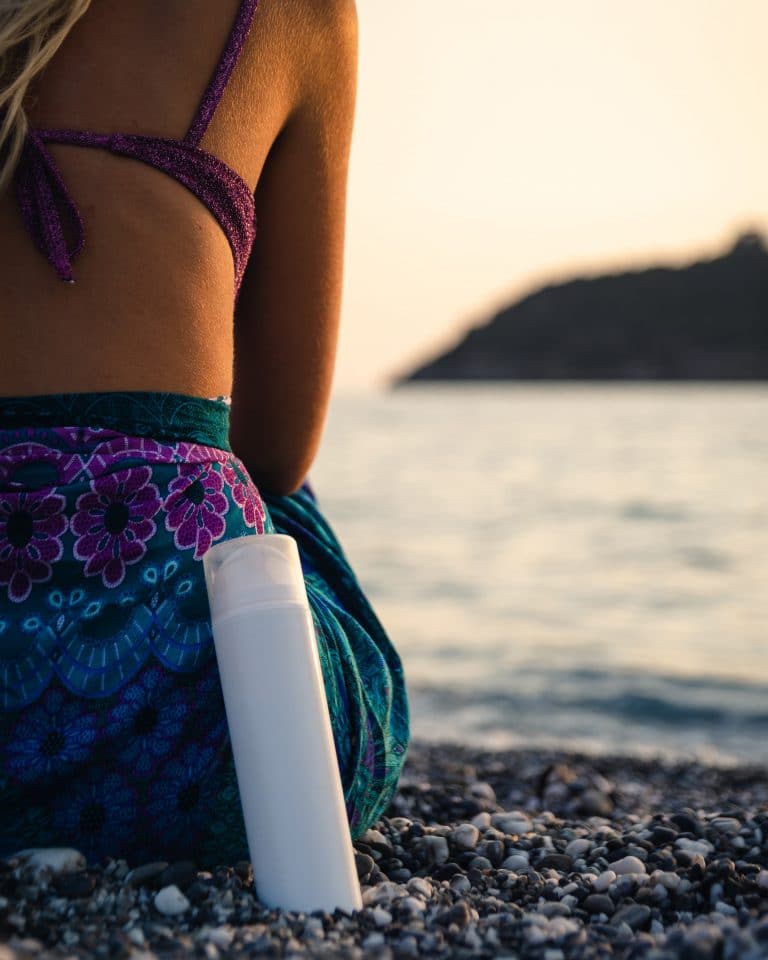What Is Recovery Like for Facelifts?
A facelift, also known as a rhytidectomy, is a type of surgical procedure that aims to reduce signs of aging in the face and...
Posted on July 14, 2020
Facial PlasticSummer’s here, and there’s no better time to soak up some Vitamin D. But between higher temperatures, inclinations toward water activities and more exposed skin, there are dangers you should be aware of when it comes to the health of your skin. Not only does sun exposure put you more at risk for skin cancer, it can also cause uncomfortable burns, eye damage and premature wrinkles.
 Tips for Staying Sun-Safe
Tips for Staying Sun-SafeWe’ve compiled some tips for protecting your skin this summer season.
When purchasing sunscreen, play attention to the label. The U.S. Food and Drug Administration requires sunscreen labels to follow certain guidelines. Below is what you should look out for:
For more information or to schedule an appointment, call the experts at Pinnacle ENT Associates.
A facelift, also known as a rhytidectomy, is a type of surgical procedure that aims to reduce signs of aging in the face and...
These days, snapping a few selfies to share with your doctor while discussing plastic surgery goals is common. Patients also take selfies after their...
While many industries have suffered throughout the pandemic, the plastic surgery industry has done nothing but boom. The reason? People have been spending more time than ever...
Whether facial plastic surgeries are an existing part of your beauty regimen or you’re just starting to think about cosmetic procedures, you may be...